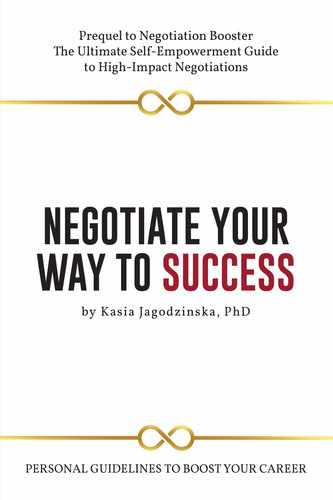AS far back as I can remember, my parents ingrained the habit of work in me. When I wanted to get pocket money when I was a child, I needed to do small chores around the house. With time, those little tasks evolved to larger and more serious ones as I took on more responsibilities, such as helping out in my parents’ business throughout my summer breaks. This taught me the relation between labor and money. It was natural for me that rewards were attributed on the basis of invested effort. It was gratifying to have my own financial means and the sense of liberty that they gave.
That attitude partially got me through my academic studies. When I got my Socrates Erasmus scholarship at the law faculty during my Masters, I chose to study in one of the nicer places—in Nice in the South of France. The grant covered student housing, catering in the canteen (an unforgettable culinary experience), and a modest budget for the fun side of the student experience. The latter covered going out (maximum twice a month) and hunting for the best take-out deals. The competition was strong in that department. Anything left on the windowsill, which served as a personal fridge (we were sharing one per three other rooms) was consumed by giant seagulls. They were more streetwise than me.
The French Riviera is a haven of material abundance and the ultimate high life. The azure coast is lined with the most splendid hotels with their private beach clubs, luxury yachts sway in the turquoise sea, sports cars roar down the Promenade des Anglais and high-fashion boutiques showcase the latest fashion trends. Few are immune to this sensory, albeit materialistic, wonderland. Window shopping and daydreaming were among my favorite pastimes, because the only thing that I had an abundance of back then was time.
Naturally, I wanted to get a taste of the glamorous life. Yet again, my parents used my student dream as an incentive for me to work harder. Once per semester, provided I got a high enough total score in the exam session, my reward arrived. When the results came, I would get a wire transfer for the equivalent of a fancy four-course luncheon at one of the most luxurious establishments on the Promenade des Anglais.
What a treat that was! I savored every moment of this unforgettable experience. It was not just about the exquisite food, but the manner in which it was served and how unique being in that five-star setting made you feel. The service was impeccable, and the surroundings were grandiose. For the time of the meal, one was transported into a different world. A taste of the good life leaves one craving for more.
When you find yourself in any given surroundings, you expose yourself to an array of visual stimuli. For example, when you go to a five-star restaurant, the mind registers the fancy décor, the attention to every detail in the interior design, the fine silverware, the opulent fragrances, the savory dishes, and the elegant people you encounter. Did you ever notice how differently people behave in such places? They usually bring their best attire and manners to the table, speak in a more sophisticated way, and sit up straight. The luxury effect lasts longer than the meal. If cultivated, it may turn into a permanent mood that will affect other spheres of life.
Our environment strongly impacts how we perceive and how we feel about ourselves. If you frequent the best places, you will feel like a better version of yourself. Even one artificially created moment can leave a lasting impression and impact your future preferences by introducing specific standards. After all, life is nothing more than a collage of moments. On the subconscious level, exposure to one stimulus (the luxury setting, for example) influences your actions and responses to subsequent stimuli. In psychology, this phenomenon is called priming. Priming is perceptual; it can be either positive or negative.
I partially agree with what Brian Tracy said: “You cannot control what happens to you, but you can control your attitude toward what happens to you, and in that, you will be mastering change rather than allowing it to master you.” Certainly, we cannot fully control what happens to us. However, we can partially influence events by priming ourselves for the positive. It can be achieved through deliberate exposure to pleasant external stimuli. This experience will create an optimistic mindset and energy.
Happy vibes are like a magnet for attracting people. By positive stimulation, you also invite good things to your life. Some refer to this as manifesting. Start the cycle by treating yourself to the finer things in life, in whichever form you wish: a fancy meal, a hike in beautiful scenery, or a trip to your dream destination. The best places bring out the best in you. Work hard to then pamper yourself with what makes you feel splendid.
Guideline 18—Key Takeaways |
|
1. |
Reward yourself for your efforts. |
2. |
Get a taste of the good life. |
3. |
Go to the best places to soak up the atmosphere. |
4. |
Expose yourself to positive stimuli (people, events, places, nature). |
5. |
|
